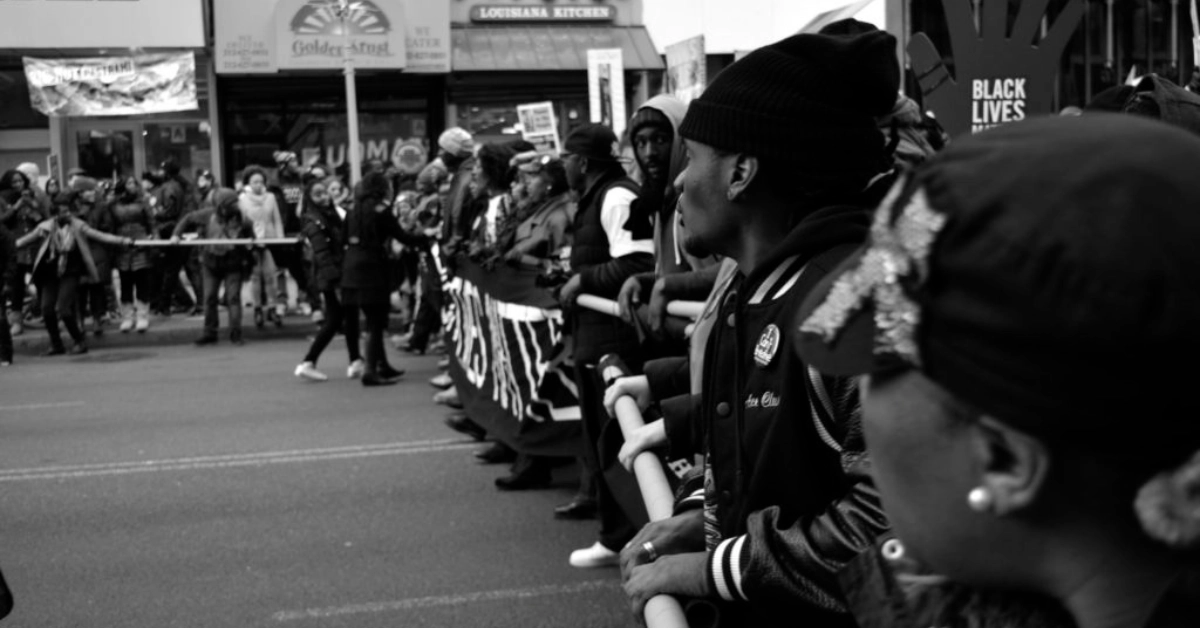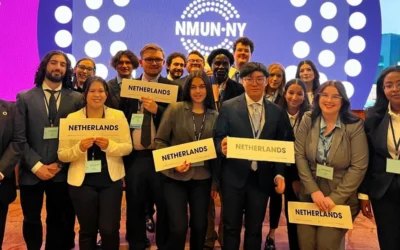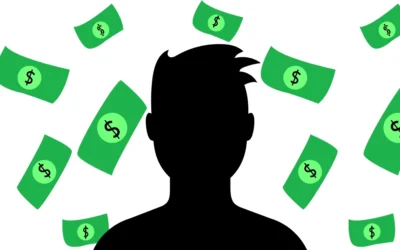The clothes you wear, the music you listen to, or even the food you eat are things that can seem insignificant until you consider how much they’re thanks to deliberate choices you’ve made to be the way you are.
What can be incredibly damaging and sometimes painful, however, is being stripped of the ability to tell others who you are, instead finding yourself shoved into a small box where you have no business being.
This theft of autonomy is the only thing on my mind when I find myself being racially profiled.
I’m no stranger to the feeling of alienation and otherness that takes over when I realize that, in a sea of people, I’m the only person of colour or the only woman wearing a hijab.
I’m singled out.
I’ve only recently left my teens behind, so I know what it’s like to be the angst-ridden kid feeling constantly frustrated because people just don’t get you. This is different.
When it comes to this kind of profiling, the frustration isn’t the same as being pegged for a rap fan when really you listen to alternative rock. It’s about having your humanity questioned and diminished, not because of what you’ve done, but because there are enough misinformed, afraid people out there to make it so.
After it happens, I often feel profound anger, and other times I feel unrelenting shame. But the constant is the voice at the back of my head reminding me that I haven’t done anything wrong, that this treatment is the result of my daring to exist while having brown skin.
Living in the post-9/11 Western world, discrimination in the form of microaggressions is almost a given for racial minorities, and while the physical consequences of such norms are becoming clearer, it’s the mental and emotional ones that are often left out of the discussion.
It’s understandable that when the immediate threat of bodily harm is ever-present for racialized people, non-immediate threats like mental and emotional exhaustion will take the backseat. Existing social stigmas surrounding open communication about mental health don’t help, either, further stifling a conversation we desperately need to have.
A short while ago, I traveled to America for a conference. As a person who is deathly afraid of heights, the plane ride should’ve been the terrifying part of my travels. Instead, I found myself sick with anxiety over how I would be treated by airport security. And in the end, these were realized.
I was pulled aside at various parts during the first leg of my trip, which ultimately meant going through three additional layers of security, something the others traveling with me were not subjected to. I maintained my composure and went along with all requests, while also trying to hold back the tears of humiliation that threatened to spill at any second.
In those moments, I had an intense feeling of helplessness and a burning desire to stand up for myself using my words. Of course, I did no such thing — not because I agreed with what was happening, but because I knew I had been backed into a corner and anything but complying would end badly for me.
As I was patted down in invasive searches and had my documents scrutinized repeatedly without any reason, I felt something close to guilt. I couldn’t help but think that by letting myself be treated this way, I was legitimizing a system that uses things like skin colour to determine who is and who is not a threat to safety.
Conversely, I felt that by acting out and getting angry or emotional, I would only validate false ideas about people who, like me, happen to look the part of today’s stereotypical terrorist or criminal.
This mental tug of war went on throughout my entire trip, and it is something I still regularly think about. I was never on the receiving end of any physical threats or violence, but still, I felt the draining, tiring impacts of racial stereotyping and profiling.
Even now, I can hear the voices of the professors who taught me research methods, telling me repeatedly that anecdotal evidence is poor evidence. I’m not trying to design an experiment or collect hard data, though — this is simply a reflection of the kind of internal struggle that takes hold when you find yourself grouped with the guilty despite priding yourself on being an upright citizen.
Reflection can be the most cathartic thing in these situations, especially when you vocalize and share it; questioning something that is so deeply ingrained in our culture is a quietly radical act in itself.
There is no shame in doing what you have to in order to get through the day, and sometimes, that includes letting yourself be profiled. But the conversation that follows can build the foundation for real, lasting change.
Will there come a time when racism and racial profiling is a non-issue? For the sake of all the marginalized racial groups who inhabit our world, I sure hope so. In the meantime, treating the pain these conflicts bring forward with self-love and patience just might be the way to go.
Cover photo by Marcela McGreal.





0 Comments